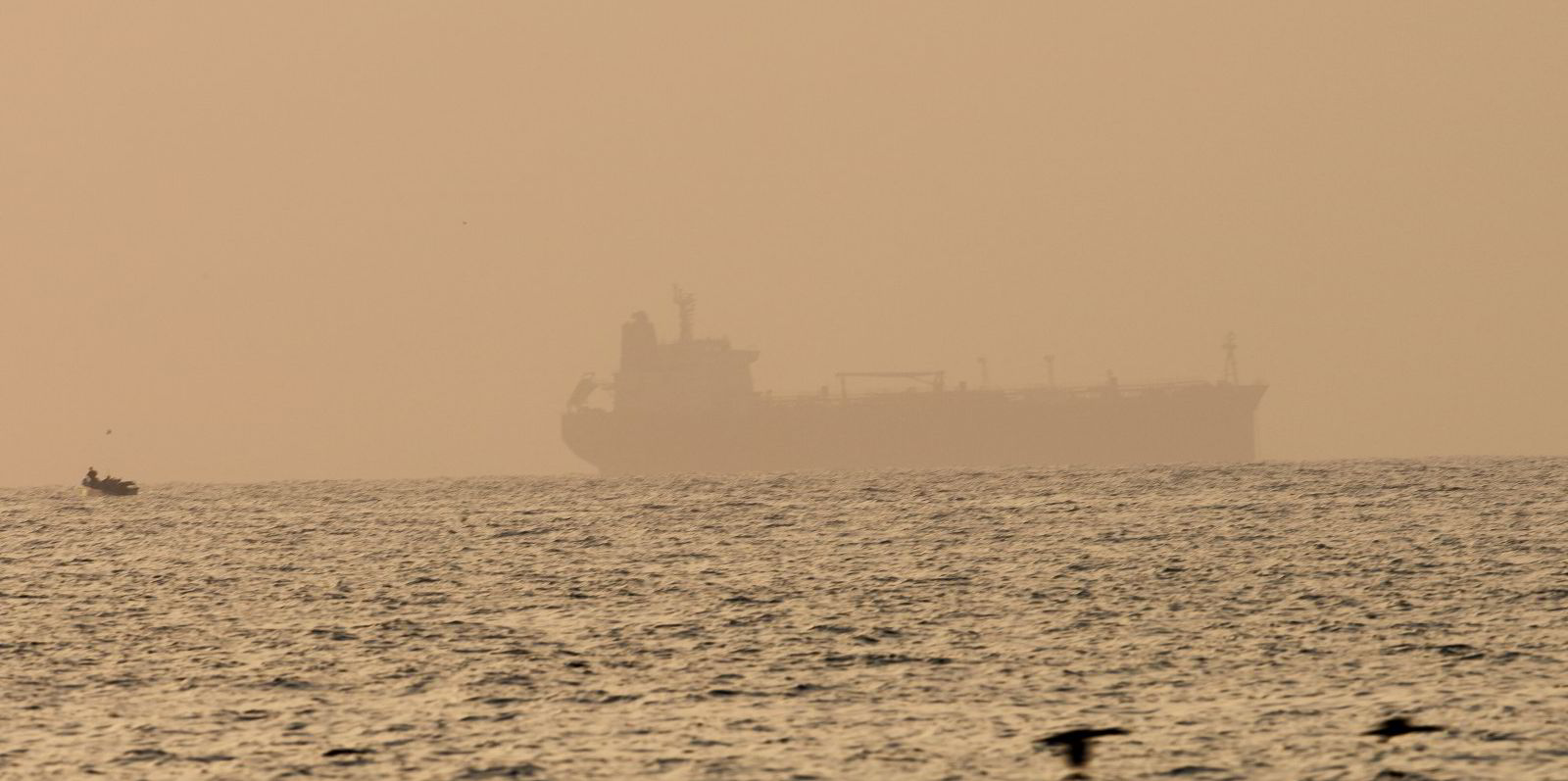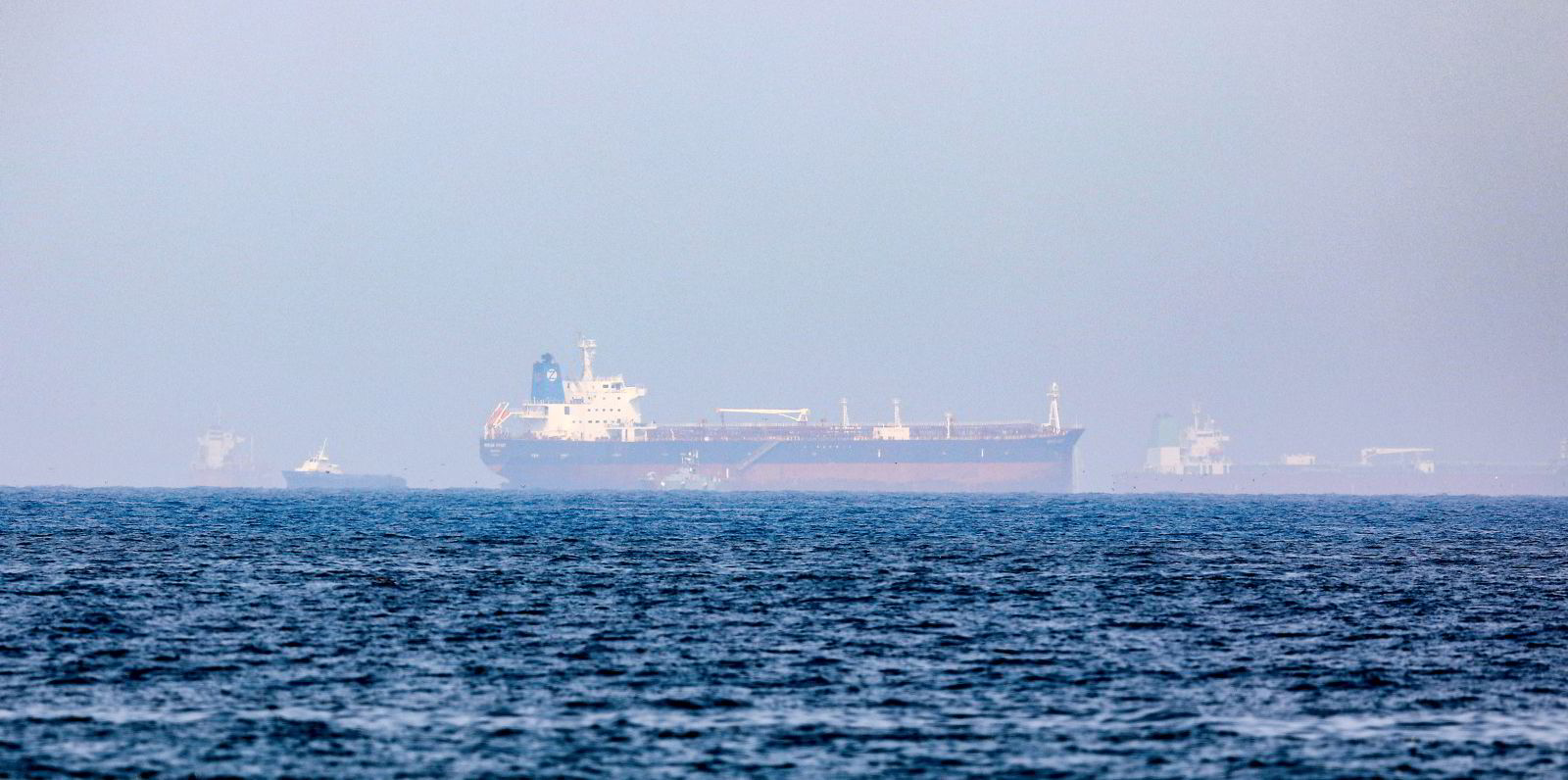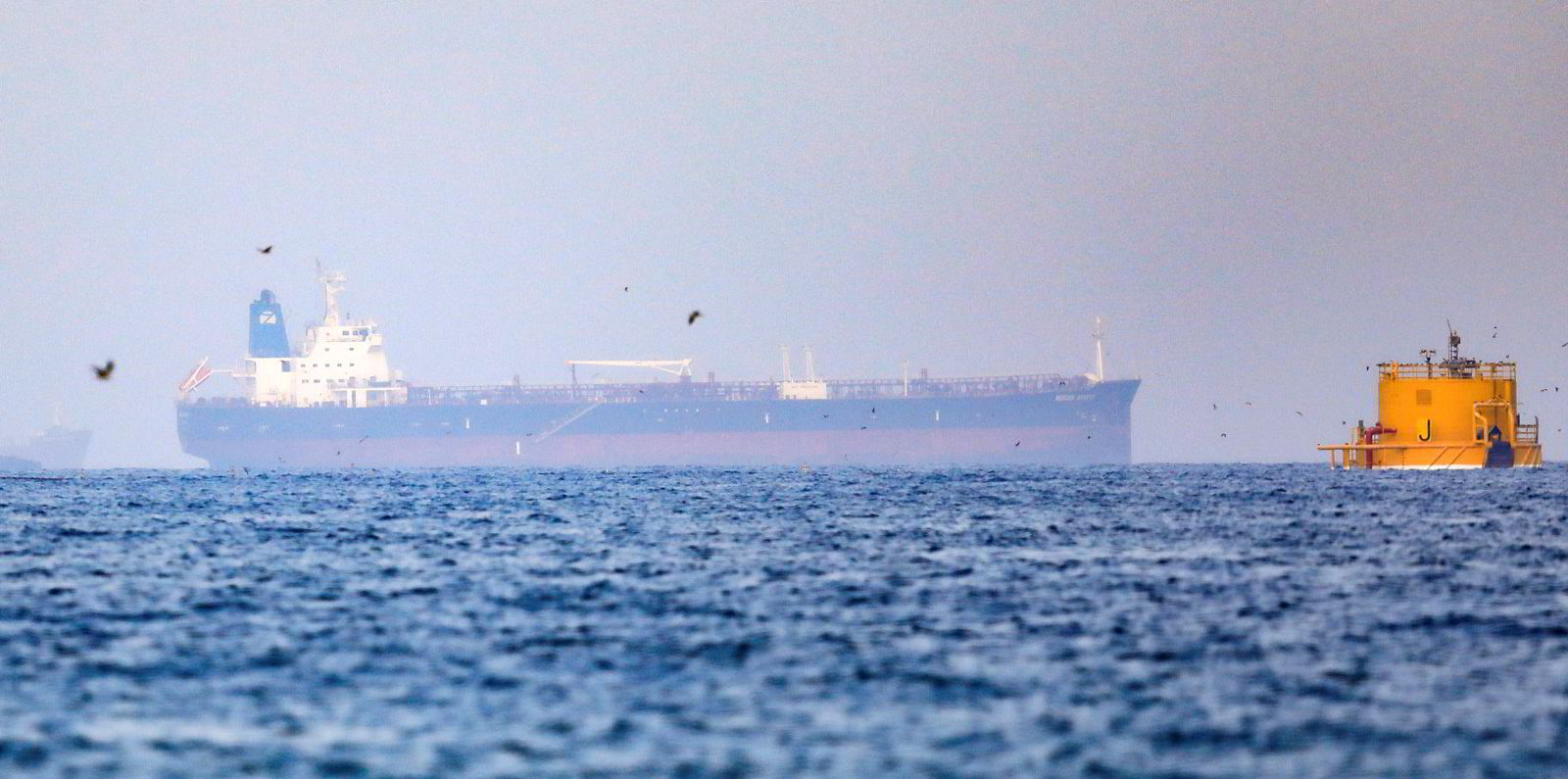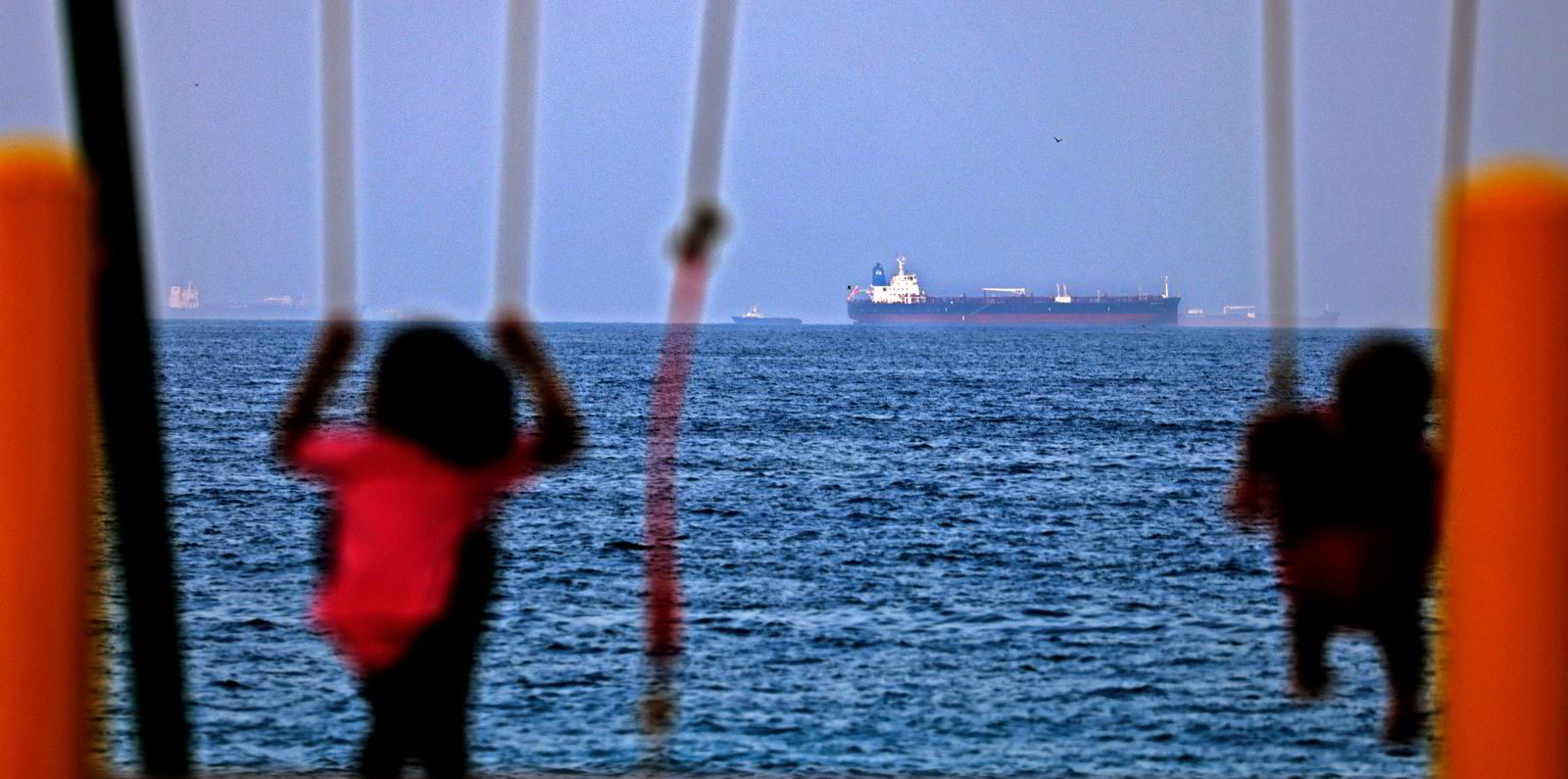The threat to vessels remains small, but the recent fatal attack on an Israeli-connected tanker represents a troubling turn in the so-called "shadow war" between Iran and Israel.
Maritime security consultancy Dryad Global said in a note that the drone attack on the 49,992-dwt tanker Mercer Street (built 2013) on 29 July represents an escalation in the spate of covert attacks on commercial shipping between the two countries, as it resulted in the death of a UK security guard and the tanker's Romanian captain.
But the ship is managed by a company whose only ties to Israel are through its owner, billionaire Eyal Ofer.
Following a fire thought to be an attack on the 8,704-teu CSAV Tyndall (built 2014) — which Zodiac sold prior to the attack — in early July suggests a "recklessness" on the part of Iran in their intelligence, Dryad said.
Both incidents were blamed on Iran, which denied involvement.
"[The attacks], which contained innocent civilians and crew members from states allied with Iran, indicates a deep-rooted recklessness and lack of basic intelligence collection capability at an institutional level within Iran," Dryad said.
"Targeting methodology to date suggests a preference by Iran for vessels owned by certain commercial entities connected to Israeli citizens. When combined with Iranian recklessness, this indicates that all vessels connected to Israel should be considered at a low but heightened risk."
Security provider Solace Global said in a note that the threat to vessels without links to Israel or Iran only risk "incidental damage".
The situation, it said, was complicated by new regimes in Tehran and Tel Aviv, with Prime Minister Naftali Bennett recently taking power in Israel and Ebrahim Raisi set to become Iran's new president this week.
Both have been called "hardliners", with Bennett having already spoken of confronting Iran.
Israel has been accused of attacking the 2,200-teu Iranian containership Shahr E Kord (built 2012) in March and a commercial ship in the Red Sea allegedly being used for military purposes the next month.
Solace also suggested drones would be used with greater frequency in attacks moving forward.
Saudi Arabia intercepted a waterborne improvised explosive device in April, allegedly launched by Iran-backed Houthi rebels and airborne drones have been used in other, land-based assaults.
"As drone technology becomes cheaper and more commercially available, and as they are less costly and more deniable than human operatives, it is likely that tactical drone use will only continue to increase in usage both by countries such as Iran," Solace said.
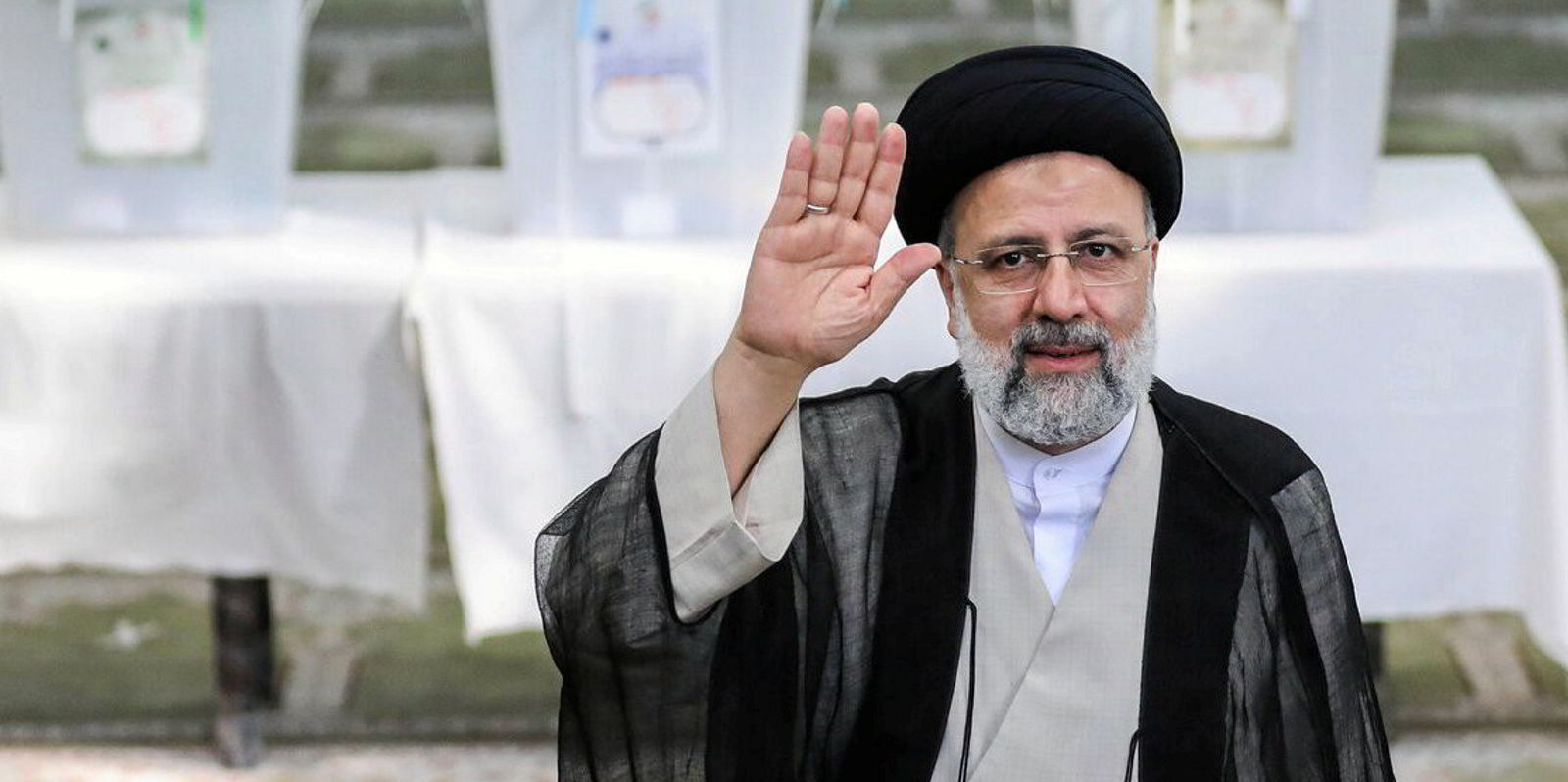
The group added that drones could be attractive for state actors, as well.
Meanwhile, some shipping bodies have called on relevant stakeholders to prioritise seafarer safety, with the Mercer Street attack supposedly being the first deadly incident in the shadow war.
“Following the tragic events last Friday, the Chamber wishes to express our deep sorrow regarding the loss of life in the Mercer Street product tanker incident and our condolences go out to the seafarers’ families,” Bob Sanguinetti, chief executive of the UK Chamber of Shipping, said.
“The safety of crews and ships in international waters is an imperative in international trade and it is vital that all ships are permitted freedom of navigation without fear of interference.
He said there has been a worrying trend in the Middle East in recent months.
“International diplomacy is needed urgently to ensure stability in the region and the safe navigation of vessels without political or military interference,” Sanguinetti added.
The International Chamber of Shipping said in a statement that it is unacceptable for seafarers to face threats as they supply the world with fuel, food and personal protective equipment.
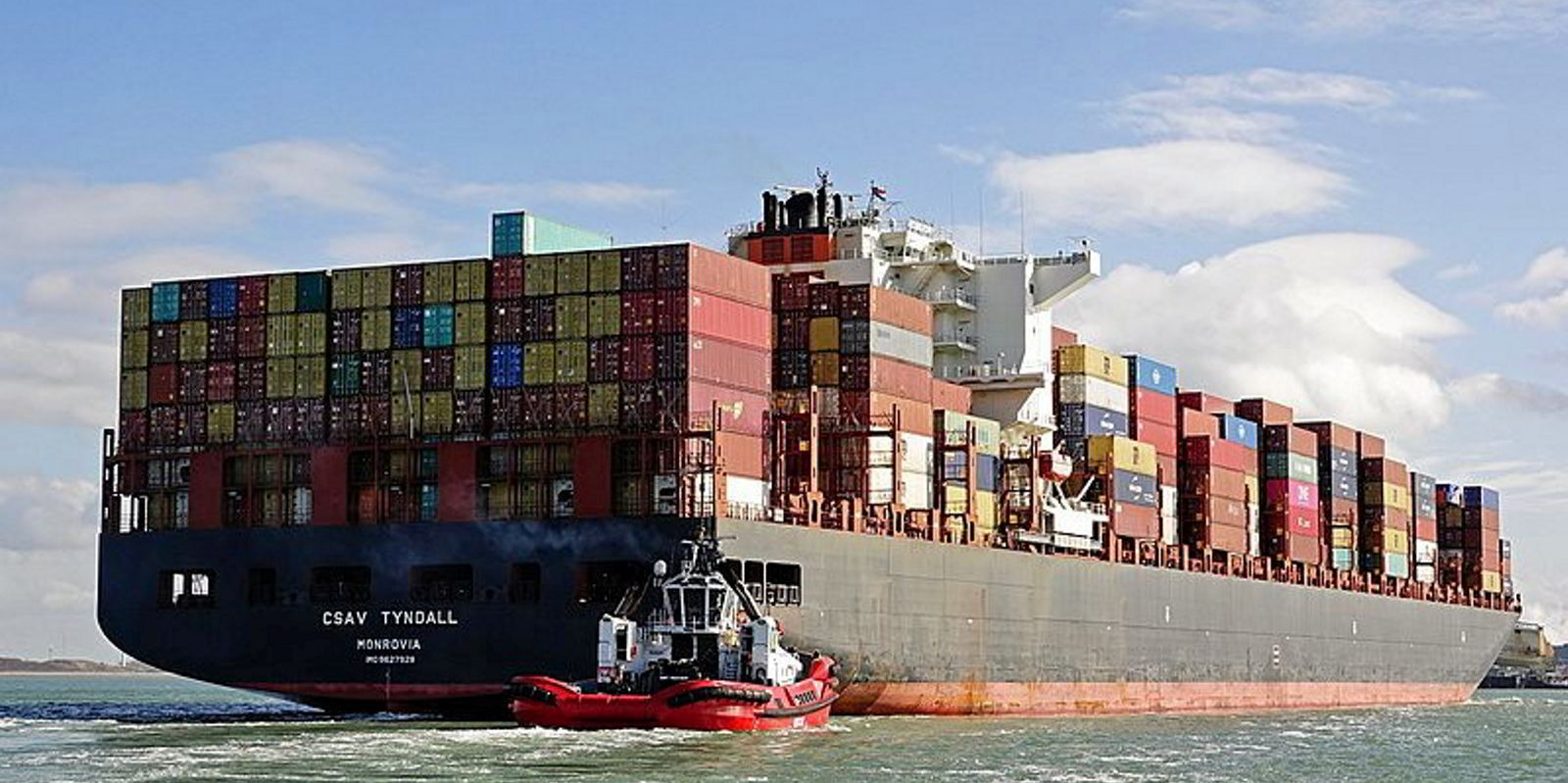
“Seafarers have already been the collateral damage of the pandemic,” the group said.
The London-based organisation representing shipowners said all voyages should be “thoroughly threat and risk assessed” to minimise potential dangers and damages, citing the 5th edition of Best Management Practices (BMP5) as a useful guide.
Intertanko, whose members are independent tanker owners, has urged vessel operators to follow the reporting procedures set out in the BMP5 in particular.
“Basically, keep a very good lookout, make a distress call if attacked and call for help. After any attack, don’t move anything and keep the area secure if possible to preserve evidence,” an Intertanko spokesman said.
